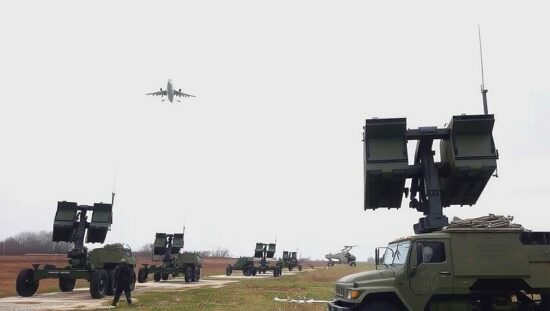The recent, unexplained drone incursions over Denmark and Germany have exposed vulnerabilities in both nations’ defenses, prompting military leaders to acknowledge ongoing challenges while cautiously celebrating progress. In a joint interview with the Frankfurter Allgemeine Zeitung (FAZ), General Carstens Breuer, the German armed forces’ Inspector General and General Michael Hyldgaard, the Danish Chief of Defense, addressed the incident and outlined future strategies.
Breuer emphasized the inherent limitations of any defense system, stating that complete protection is unattainable, particularly for open societies with numerous potential weak points. He conceded the advantage currently held by adversaries capable of launching such incursions. While acknowledging “huge” strides and “promising” developments in drone defense, Breuer highlighted the critical need for improved coordination in responding to hybrid threats, both on land and at sea. He specifically referenced Russia’s heightened activity in the Baltic Sea, stressing the necessity for clearer intelligence on the activities of Russian vessels. “We need a clear picture of what is happening on these ships” he asserted, calling for intensified international cooperation and data sharing, areas he believes remain deficient.
General Hyldgaard, assuming his post as Chief of Defense in Denmark in 2024, echoed the sentiment, characterizing the evolving drone threat as extraordinarily complex and rapidly developing. He underscored the imperative for comprehensive adaptation across all aspects of air defense integration. “Everyone must learn to deal with drones” he stated. Hyldgaard further elaborated on the need for improvement across three core areas: enhanced detection capabilities, increased interception proficiency and a strengthened ability to connect individual incidents and build a cohesive intelligence picture.
The conversation also touched on Denmark’s decision to procure medium-range, precision-guided missiles, a move Hyldgaard defended as both a tool of deterrence and a proactive measure to ensure national defense. He drew a stark comparison to the situation in Ukraine, arguing that the inability to strike targets within enemy territory significantly disadvantages a nation. Recognizing the strategic importance of such capabilities, Breuer affirmed support for corresponding European armament initiatives, referencing the temporary deployment of similar weaponry from the United States to Germany as an interim solution. The joint assessment reveals a cautious optimism tempered by the stark reality of an increasingly sophisticated and persistent threat landscape and the lingering need for substantial enhancements in both defensive capabilities and international collaborative efforts.





